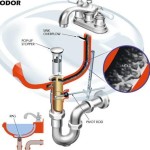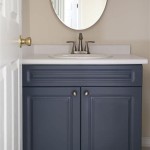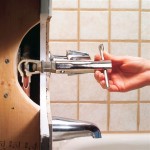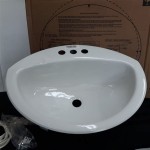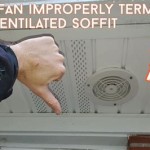Essential Aspects of RV Bathroom Sink Smells
Maintaining a clean and odor-free RV bathroom sink is crucial for a comfortable and enjoyable RV experience. Unpleasant smells emanating from the sink can stem from various causes, including improper drainage, bacteria buildup, and clogged pipes. Understanding the essential aspects of RV bathroom sink smells empowers RV owners with the knowledge and techniques to address and prevent these odors.
This article delves into the key aspects contributing to RV bathroom sink smells, providing practical solutions and preventive measures. By exploring the underlying causes, RV owners can effectively eliminate odors, ensuring a fresh and hygienic bathroom environment.
Causes of RV Bathroom Sink Smells
- Clogged Drain: Hair, soap scum, and other debris can accumulate in the drain, obstructing water flow and creating a breeding ground for bacteria and mold, leading to foul odors.
- Bacteria Buildup: Moisture and organic matter in the sink can foster bacteria growth, producing unpleasant smells. Poor ventilation or infrequent cleaning can exacerbate this issue.
- Damaged Pipes: Leaks or cracks in pipes can allow water to seep into the surrounding areas, creating damp conditions and attracting mold and mildew, resulting in musty or moldy smells.
- Improperly Sealed Vent: The vent pipe connects the sink to the roof, allowing sewer gases to escape. A loose or damaged vent can permit these gases to leak back into the RV, causing unpleasant odors.
- Dry P-Trap: The P-trap is a U-shaped pipe below the sink that holds water to create a barrier against sewer gases. When the P-trap dries out, due to infrequent use or water evaporation, sewer gases can escape and cause odors.
Solutions and Preventive Measures
- Regular Cleaning: Regularly clean the sink using a commercial drain cleaner or a mixture of baking soda and vinegar. This helps remove clogs and disinfects the drain, preventing odor-causing bacteria from accumulating.
- Use Drain Strainers: Install drain strainers to catch hair and debris, preventing them from clogging the drain. Empty and clean the strainers regularly to maintain a clear flow of water.
- Inspect and Repair Pipes: Regularly inspect pipes for leaks or cracks. Address any issues promptly by repairing or replacing damaged sections to prevent water seepage and odor buildup.
- Ensure Proper Ventilation: Open windows or use a fan to provide ventilation in the bathroom. This helps circulate air and prevent moisture buildup, which can contribute to odor-causing mold and mildew.
- Prime the P-Trap: If the P-trap dries out, pour a cup of water into the sink to refill it. This creates a barrier against sewer gases and prevents odors from escaping.
By addressing and preventing these essential aspects of RV bathroom sink smells, RV owners can enjoy a fresh and odor-free bathroom environment. Regular maintenance, proper cleaning, and timely repairs will ensure a comfortable and hygienic experience for all.

Bad Smell Coming From Under The Rv Sink

Bad Smell Coming From Under The Rv Sink

How To Get Rid Of That Funky Smell Under The Rv Bathroom Sink

What To Do When Your Rv Sink Smells Like Sewage Togo

Smelly Motorhome Waste Tank Vanlife4x4

Why Does My Rv Smell Like Sewer
Black Tank Odor Irv2 Forums

Rv Toilet Cleaning 4 Ways To Keep It Smelling Fresh Microbialogic

Camping S How To Keep That Bathroom Smelling Clean Windish Rv Blog

Bad Smell Coming From Under The Rv Sink
